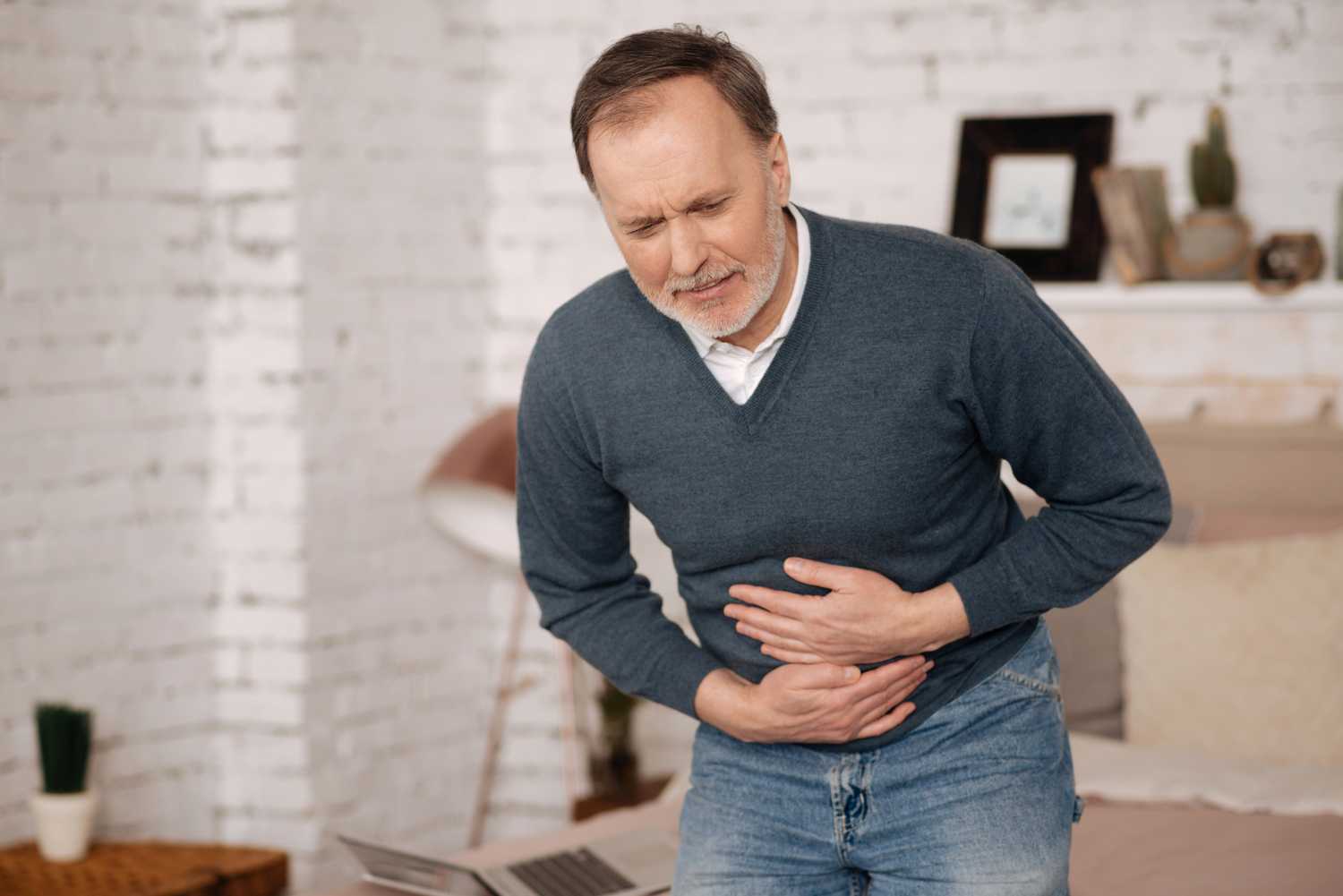
5 Factors that Make OAB Worse
Do you have full control over your bladder? An overactive bladder, also commonly referred to as urinary incontinence, is a condition that causes an urgent urge to urinate and the inability to control urination, often leading to embarrassing accidents. If not managed, it denies the patient the control over urination. This condition can be caused by urinary tract infection, bladder stones, taking too much fluid, incomplete emptying of the bladder, among other causes.
The typical symptom for OAB is the uncontrollable urge to urinate, frequent urination, and waking up more than once to urinate during the night. If you experience these signs, it is advisable to seek medical attention, and also to avoid the following dietary triggers for dietary bladder:
1. Alcohol
Alcohol is a strong bladder irritant. It is also diuretic. This means that it makes your bladder less controllable. Alcoholic drinks are as well liquids. It means that as you take alcohol, you fill your body with fluids that must be removed in the urine form. Alcohol is also addictive, and so you might not control its intake. Failure to control the intake translates to the inability to control urination. It worsens the OAB symptoms. If you cannot avoid it altogether, you can stick to a single small glass daily.
2. Artificial sweeteners
Artificial sweeteners can also worsen AOB symptoms. This is because the bladder is responsible for controlling the blood sugar levels. When the blood sugar level is high, the body naturally responds by urging you to take water to dilute the sugars. As you respond, you are feeding your body with fluids, which will have to be removed through urination. You cannot take much sugar and fail to take water naturally.
3. Carbonated drinks
Carbonated drinks contain some fizz, which can trigger more signs of AOB. All carbonated beverages will give you the urge to urinate. If you become used to carbonated drinks, you will also become used to frequent urination. The fizz also works on the bladder to make it more active so that it can remove the carbon in the drink, which is not suitable for the body. You can choose to avoid soft drinks, energy drinks, and soda water.
4. Coffee/caffeine
Caffeine in coffee and tea tends to trigger OAB. It increases bladder activity. Whenever the bladder is too active, what follows is urination to empty it. Too much caffeine can worsen the OAB. It is, however, encouraging that you can do away with coffee and take decaffeinated drinks.
5. Cheese
If you take cheese, you are most likely to urinate a lot. It has a way of irritating the bladder. If you consume food processed using cheese as an ingredient, you will take more water to weaken the overacting bladder. You can, therefore, choose to avoid cheese altogether.
The AOB symptoms might be different from one individual to another. You, therefore, need to monitor your urination habits and identify what worsens your symptoms. Even as you avoid these foods, you must seek medical attention.



